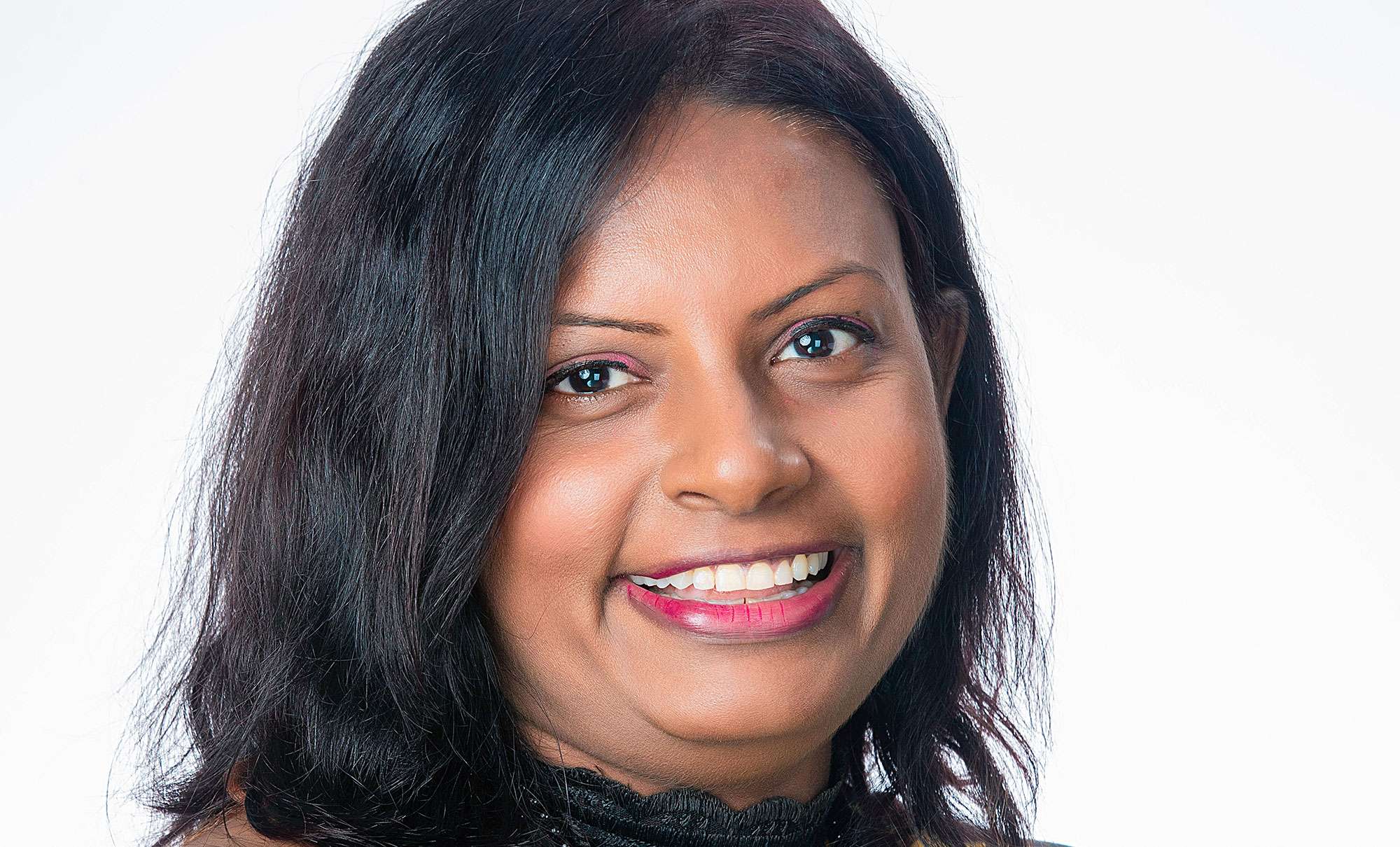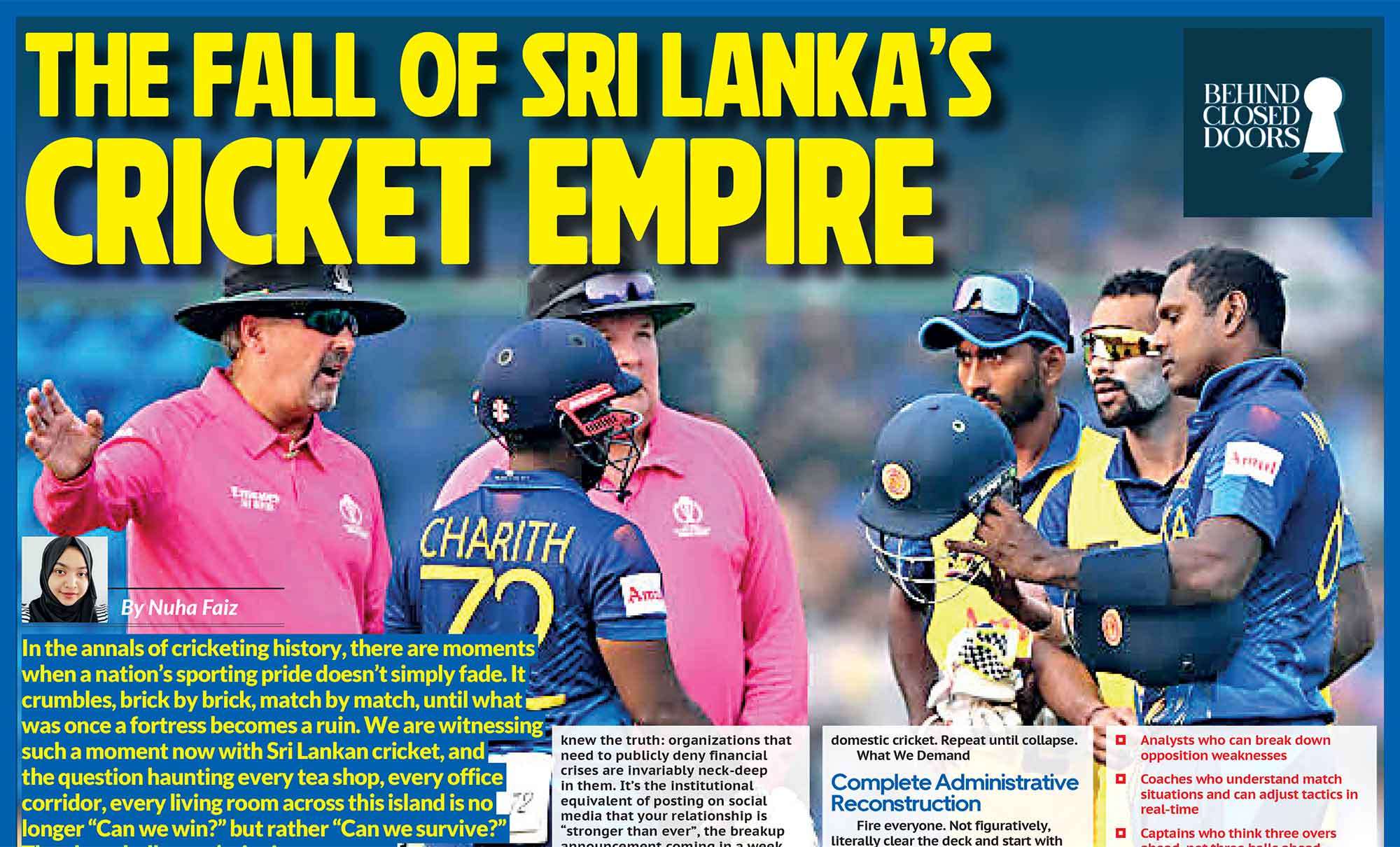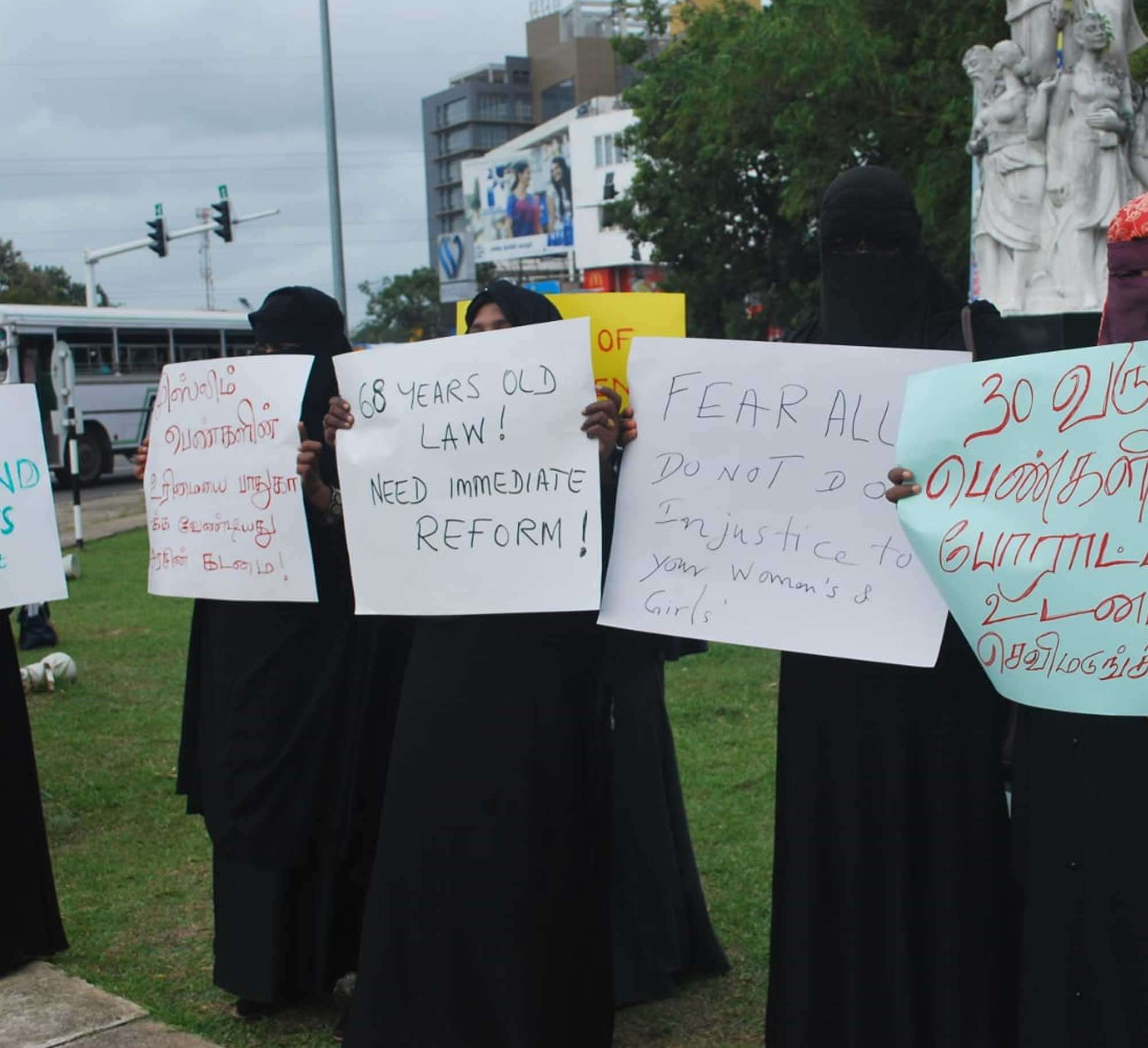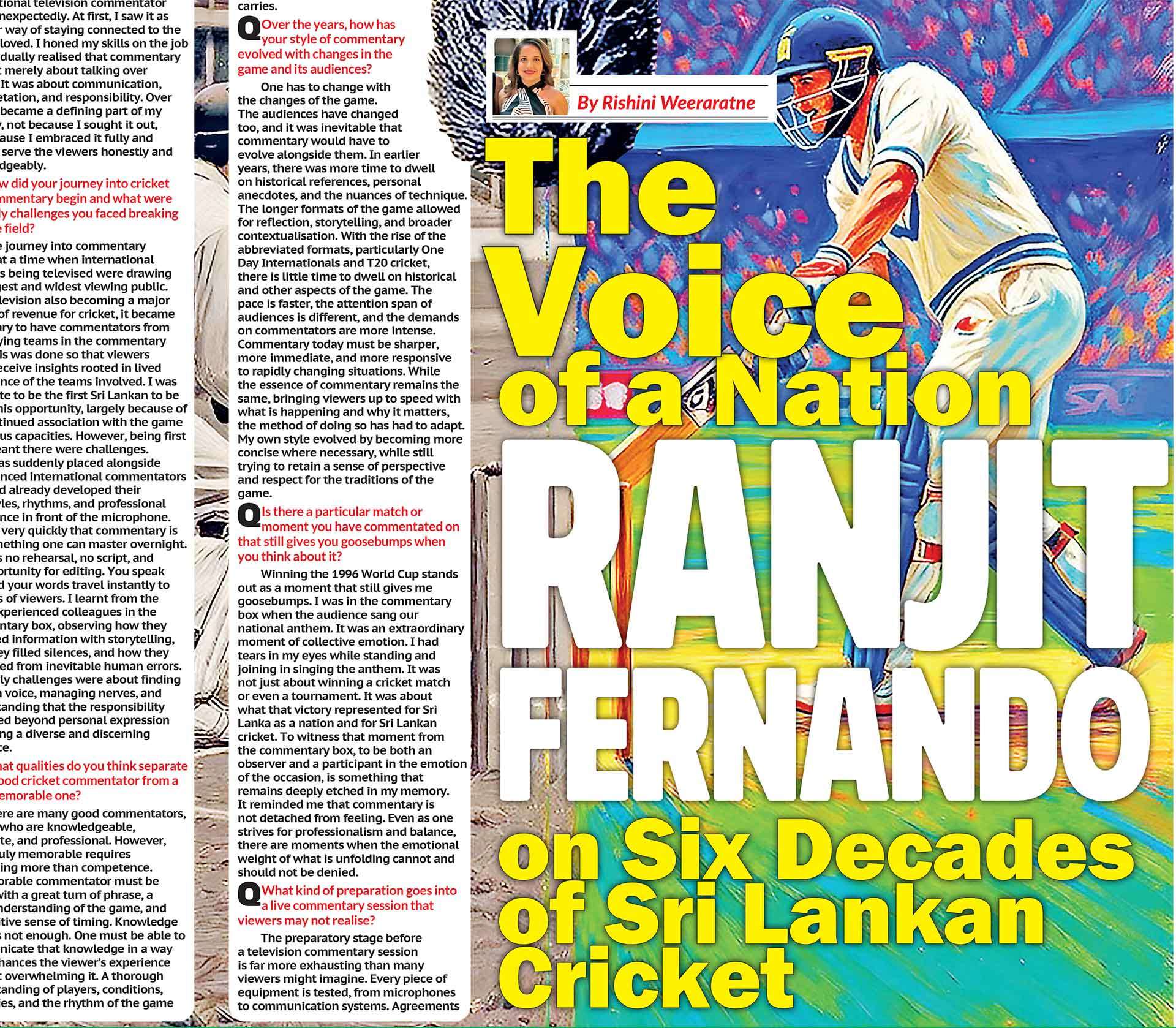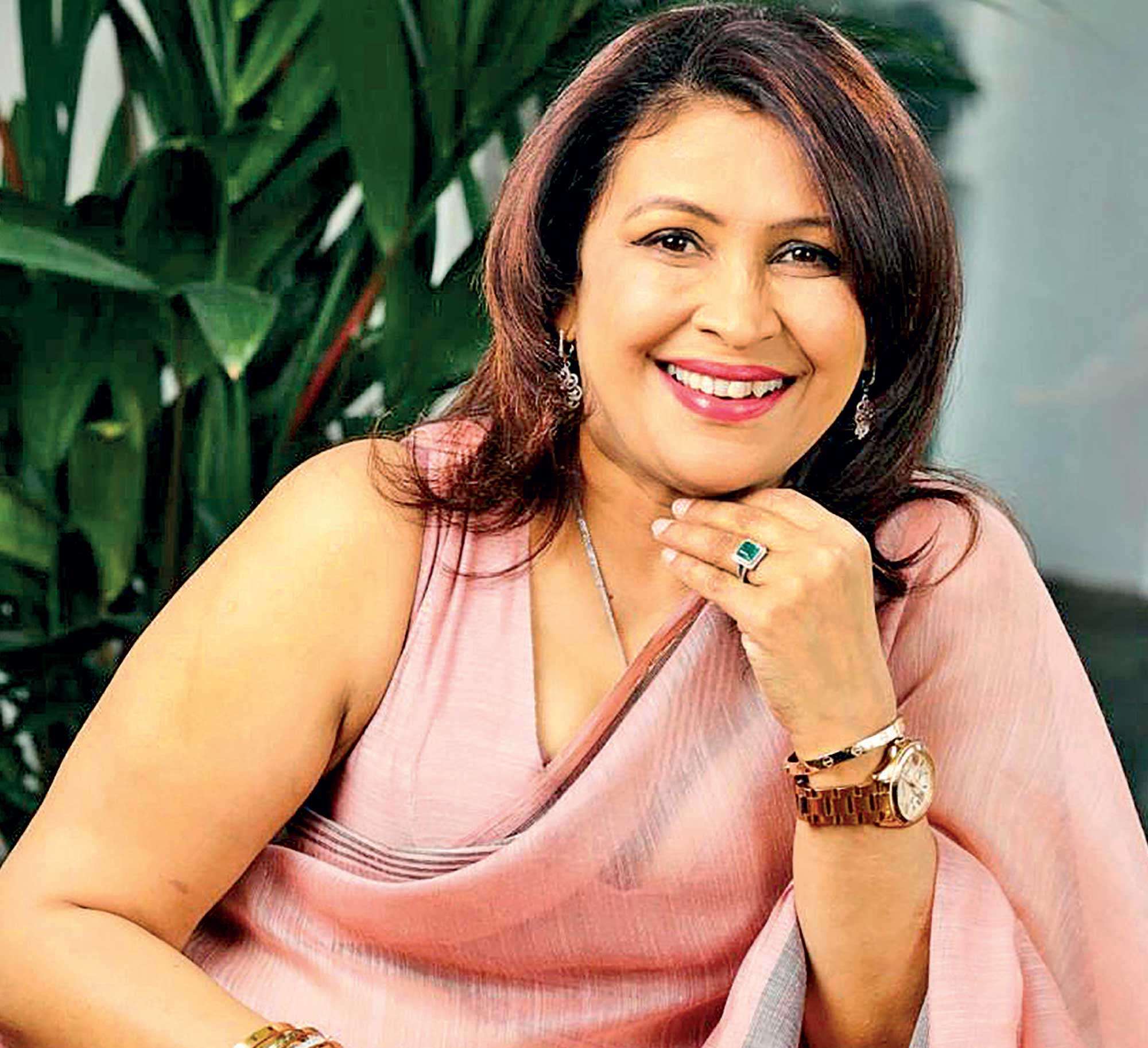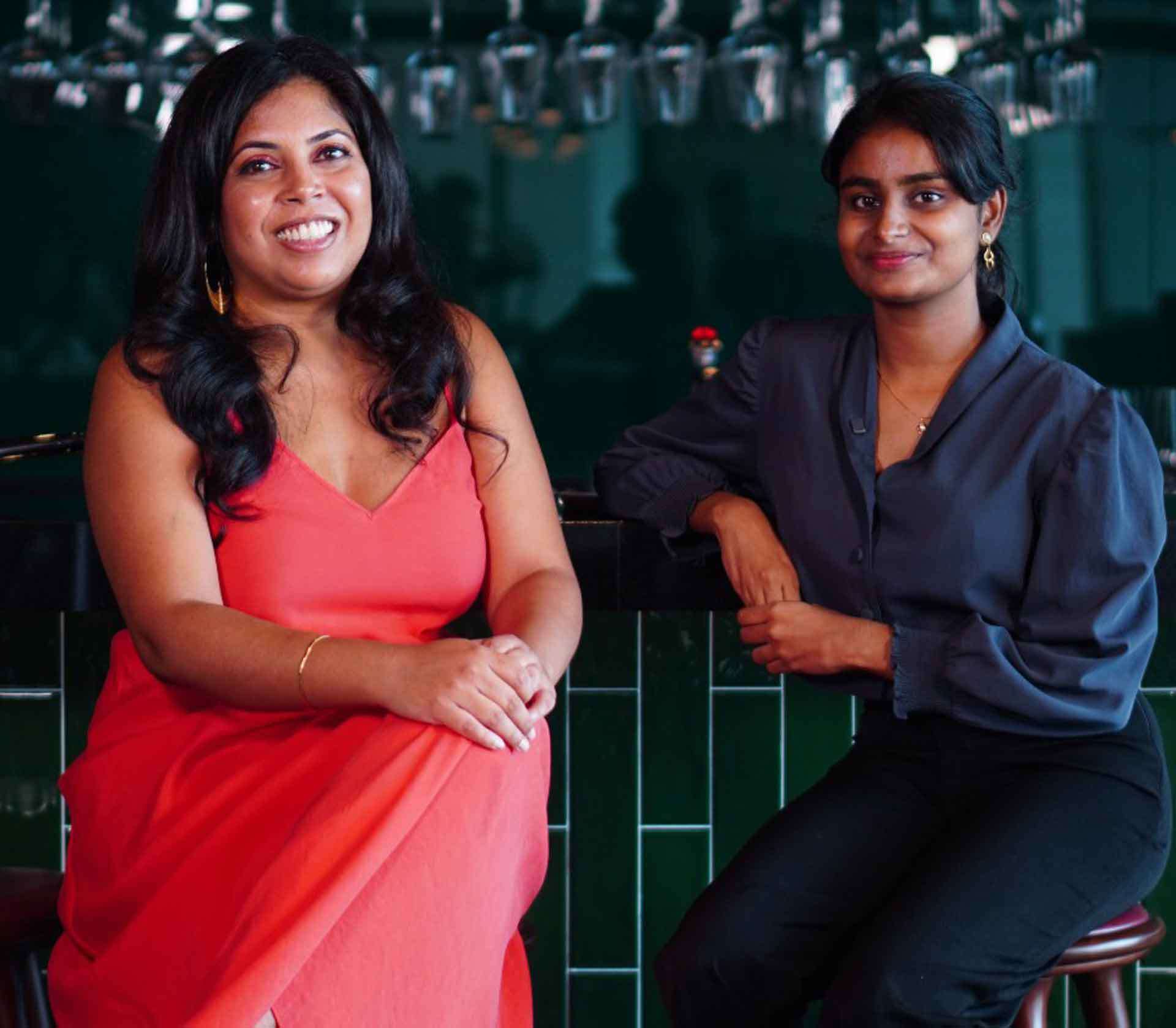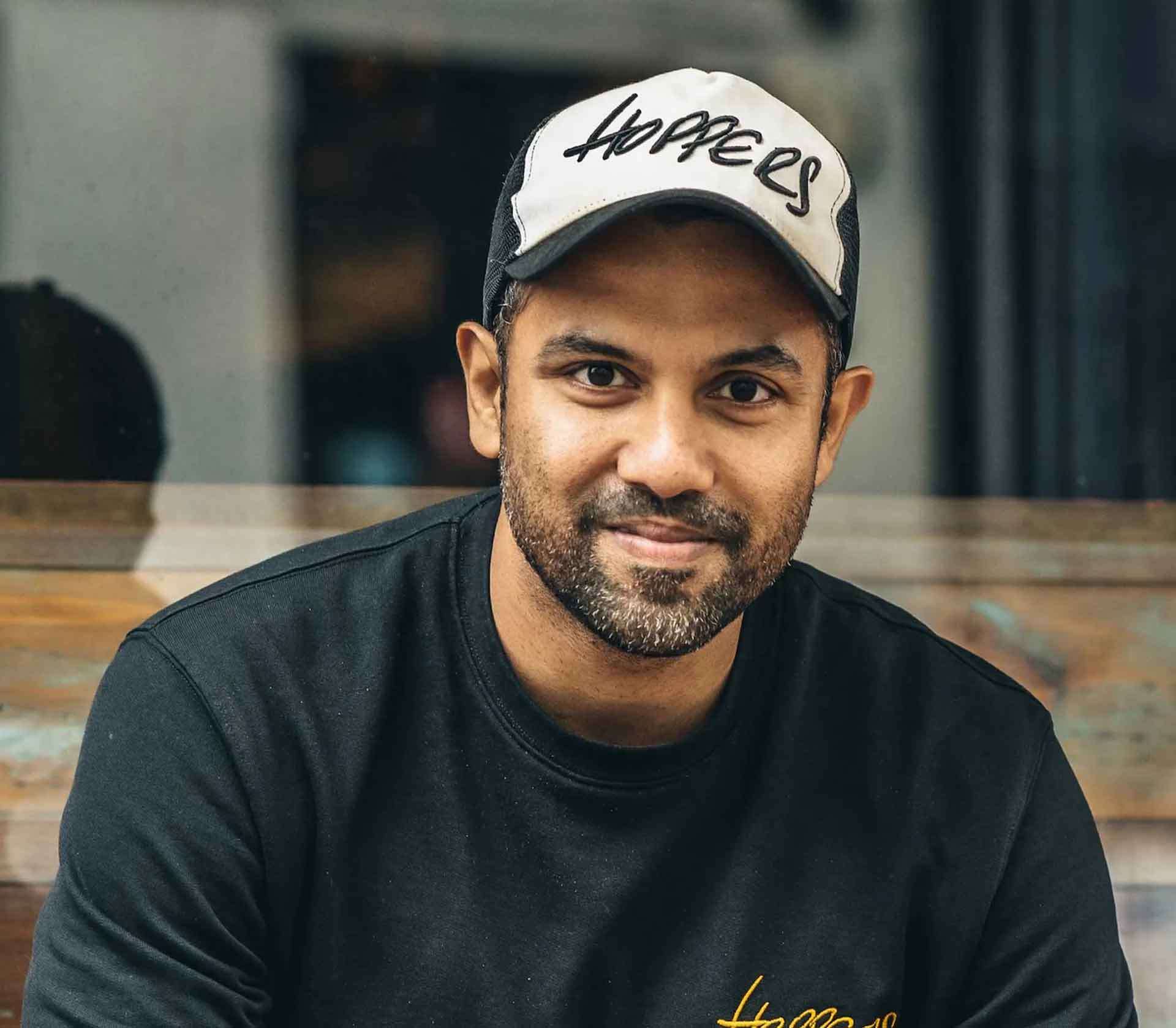As Chairman of Resplendent Ceylon and co-Chair of the Sri Lanka Tourism Alliance, Malik J. Fernando is widely regarded as one of Sri Lanka’s best global tourism ambassadors. With deep roots in the globally renowned tea company Dilmah and a visionary commitment to luxury hospitality, he has helped soften long-standing perceptions and reposition the island as a high-end, experience-driven destination. In this interview, Malik addresses the recent US travel advisory and explores the broader implications for media, destination branding and investor confidence. His insights reflect not only his commercial acumen, but a conviction that tourism communication is, in essence, national economic diplomacy.
Q The recent US travel advisory in October caused concern locally, even though it was a routine update. What went wrong in the way this information was communicated?
It was a routine global-format revision with no change to Sri Lanka’s risk level. The issue was not the advisory itself, but how it was interpreted and amplified locally. A single line was added about landmines in a small, already-demarcated northern area, but some media outlets repeated old warnings as if they were new. That created unnecessary alarm and noise, even though the facts hadn’t changed. Fortunately, most of the confusion stayed within local channels and didn’t meaningfully affect international sentiment.
Q How can Sri Lankan media balance transparency with responsibility when reporting issues that could impact tourism?
By applying two filters: fact-checking and proportionality. Tourism is a reputation-based industry, so accuracy matters; but tone matters just as much. Transparency doesn’t mean amplifying worst-case interpretations; it means reporting information in context, at the correct scale, and only after confirming whether anything has actually changed.
Q Did the media sensationalise the advisory, and what impact can that have on tourism recovery?
Yes, the gap between the headline and the reality was large. Sensational reporting damages traveller confidence, undermines long-term brand rebuilding, and signals instability to investors and tour operators who are now returning. At a moment when tourism finally has momentum, careless reporting is not just unhelpful, it can be economically harmful.
Q How should the government respond to similar situations in the future?
With rapid, centralised, fact-based clarification. A single official “status note” issued within a few hours would prevent speculation and stop misinformation before it spreads.
Q What role can the US Embassy or other foreign missions play in avoiding misinterpretation of advisory updates?
Advisories are rarely clear about what has changed. A brief explainer, especially when the risk level is unchanged, would go a long way. Given the economic impact of these notices, clarity is a responsibility, not a courtesy.
Q You often speak about narrative control in tourism. How can media become an ally in rebuilding confidence?
By shifting from crisis-reactive coverage to destination-supportive journalism. That doesn’t mean propaganda, it means recognising that Sri Lanka’s tourism brand is a national economic asset, and treating it with proportional care.
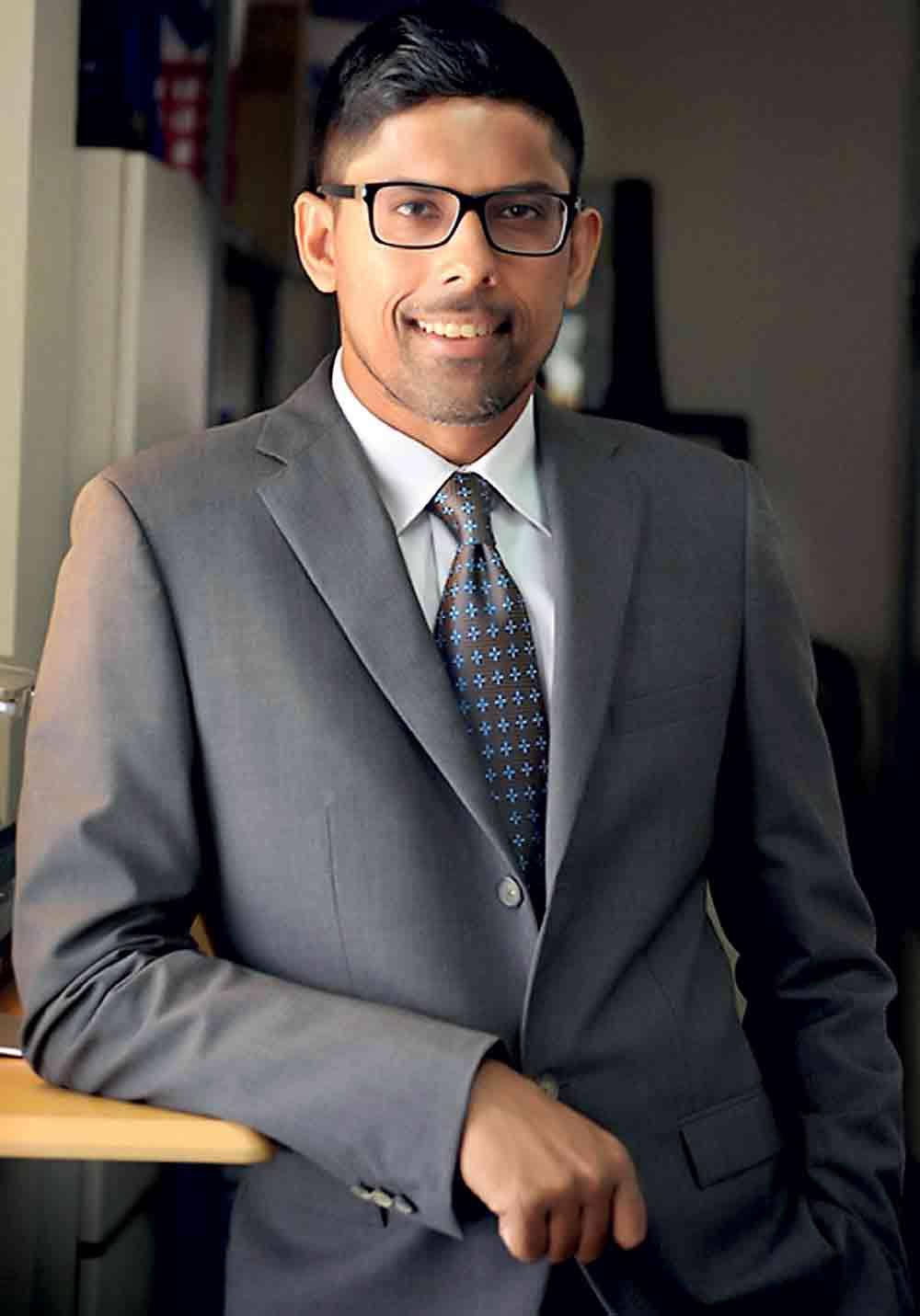
Q Should there be a formal mechanism for collaboration between tourism authorities and media during sensitive situations?
If issues are sustained, absolutely. Establishing a rapid-response communications taskforce, comprising government representatives, private sector leaders, and key media voices, would ensure that facts are verified and aligned before headlines are written. Many countries already follow this model with great success.
Q Does Sri Lanka need a coordinated communication strategy to counter misinformation about travel safety?
Absolutely, and it must be permanent, not reactive. We need three streams:
- Monitoring: detect misinformation early
- Clarification: respond fast, with facts
- Narrative building: proactively tell the real story
Q How fragile is Sri Lanka’s tourism recovery, and how do we protect it?
The recovery is strong, but not guaranteed. The real risk now isn’t security, it’s that Sri Lanka is still not marketed or positioned globally in a professional, consistent way. Communications remain weak, and there is no sign of improvement. Whether we grow to 3+ million visitors or stall at 2 million will depend entirely on how well we tell our story, and whether those travellers are high-spend or low-yield. Especially given the state’s focus on uplifting the poor, and the ability of tourism, unlike any other industry, to reach the bottom of the pyramid, the lack of focus on promoting the industry is odd.
Q How does negative publicity affect investors and travel partners?
Investors value stability and predictability. When media amplifies risk where none exists, it raises questions like, “Is the country stable?” That slows hotel development, airline partnerships, and global marketing investments. Tourism confidence and investor confidence are linked.
Q What more can the private sector do to shape a positive, fact-based narrative?
Communicate as one industry, not as scattered voices. That means:
- Consistent messaging in all key markets
- Data-based storytelling, not opinion
- Fast myth-busting when misinformation appears
- Using global hotel, airline, and tour partners as amplifiers
Q Is this an opportunity for Sri Lanka to rethink how we communicate as a destination?
It should be, but the fundamental issue is that Sri Lanka simply does not communicate as a destination. The industry pays a 1% marketing tax, yet there is no effective output. We have no long-term brand strategy, no sustained global campaign, and chronic underinvestment. We have to counter the credibility of travel advisories in online search results. Web research plays a decisive role in how travellers plan their holidays. When a destination fails to sustain proactive, positive storytelling through reputable global media, a fundamental role of destination PR, alarming travel advisories and outdated perceptions quickly fill the void. Without our own credible, high-trust content to provide balance and context, the negative narratives dominate, particularly in an era shaped by AI-driven travel planning. Ultimately, weak or inconsistent communication isn’t merely a gap, it can undermine confidence, distort perception, and handicap a nation’s long-term tourism growth strategy.
Q How should social media and influencers be integrated into the strategy?
Influencers are modern trust-builders, but only when they’re credible and aligned. Sri Lanka needs a vetted global ambassador network; photographers, writers, sustainability storytellers, wellness voices, not random content creators who show up for a free trip. It must be part of a strategy, not a series of ad-hoc invitations.
Q As Chairman of Resplendent Ceylon and the Sri Lanka Tourism Alliance, what lessons does this episode offer about crisis communication?
Two simple lessons:
- Silence creates a vacuum, and speculation fills it.
- Tourism communication isn’t PR, it’s economic diplomacy.
Q How do you balance transparency about challenges with protecting the industry’s reputation?
By pairing every issue with its resolution. Saying “fuel was scarce in 2022” is fine, as long as you add “and here’s how it’s been fixed.” That builds trust without fuelling alarmism.
Q What does responsible tourism communication look like, and who should lead it?
Right now, Sri Lanka struggles not only with crisis messaging, but with any messaging. Destination discovery is happening organically, through word-of-mouth, which results in a sub-optimal visitor and revenue mix. The entire communications structure needs a reset, outsourced to professionals, overseen by state and private sector stakeholders. Understandably, the state has limited experience in sophisticated global communications.
Q If you could send one message to international travellers concerned by the reports, what would it be?
Sri Lanka remains one of the most rewarding destinations in the world, and the advisory level is unchanged, identical to Italy, Spain, France, and the Maldives. The country is safe, beautiful, and ready to welcome you.
Q What key steps must Sri Lanka take to rebuild long-term trust in its destination narrative?
- Professional, year-round global marketing
- A permanent crisis-response unit
- Unified public-private messaging
- Responsible media partnerships
- A narrative based on truth, confidence, and consistency; not headlines



